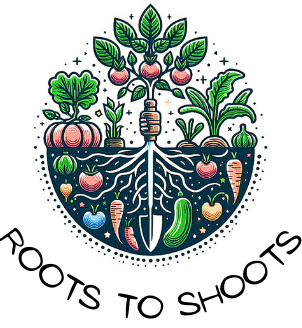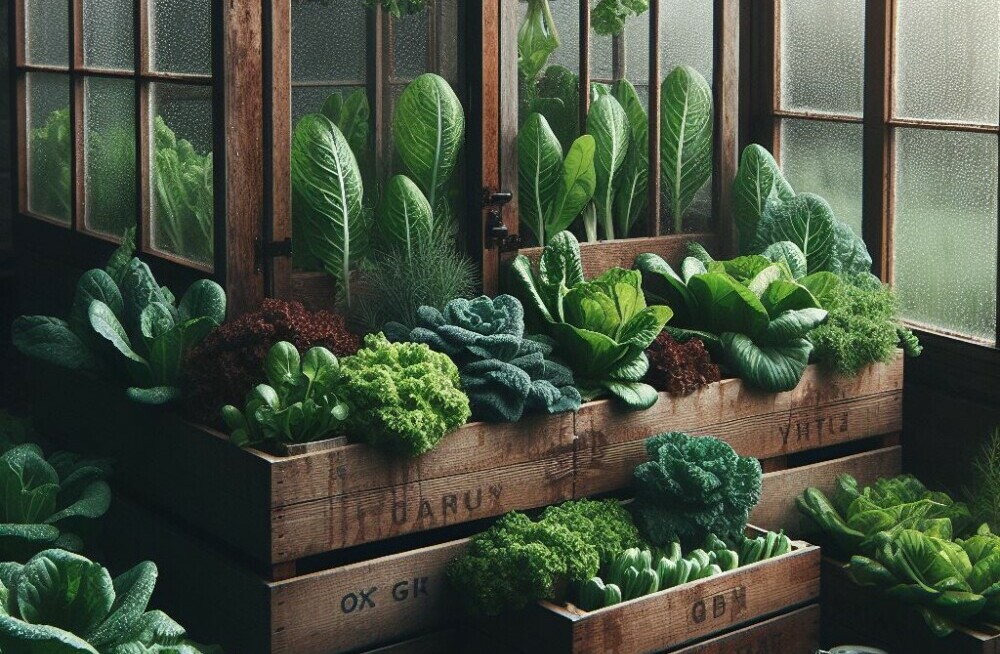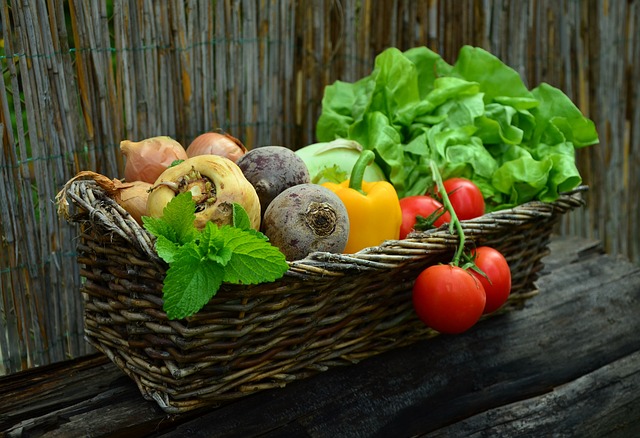
Welcome to from roots to shoots Gidday fellow outdoor enthusiast! I’m Mitch from New Zealand, where our love for the outdoors is as ingrained as the lush greenery that surrounds us. Today, I’m excited to guide you through the vibrant world of organic gardening, with a focus on the best organic fertiliser for vegetables to nurture your vegetable patch. Its all we use around home and is amazing.
As someone who cherishes the pristine beauty of nature, I understand the importance of sustainable practices in our gardening endeavors. Organic fertilizers not only contribute to the health of our plants but also play a crucial role in preserving the integrity of our environment.
In this article, we’ll embark on a journey through the realm of organic fertilizers, exploring natural solutions to cultivate thriving and resilient vegetable gardens. From the rich soils of New Zealand to your own backyard, let’s uncover the secrets to nurturing your crops with the finest organic nutrients available. So, grab your gardening gloves, and let’s dive into the world of organic fertilizers, where sustainable growth meets the Kiwi spirit of tending to the land with care.
Some Of The Best Organic Fertilizers For Vegetables
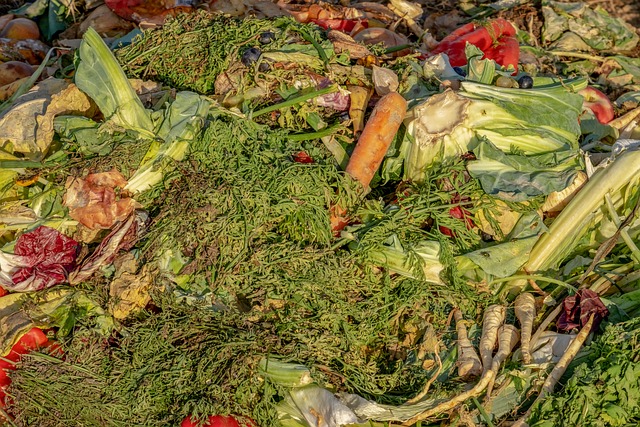
Compost:
Composting is a fantastic way to recycle kitchen scraps and yard waste into nutrient-rich organic matter. Compost adds valuable humus to the soil, improves soil structure, and enhances water retention.
Manure:
Well-rotted animal manure, such as cow or chicken manure, is a traditional and effective organic fertilizer. Make sure it’s composted or aged properly to avoid burning your plants.
Bone Meal:
Derived from ground animal bones, bone meal is an excellent source of phosphorus and calcium. It’s particularly beneficial for root development and overall plant strength.
Fish Emulsion:
This liquid fertilizer is made from fermented fish byproducts. It’s rich in nitrogen, which is crucial for promoting leafy green growth. It’s a quick-acting fertilizer and a good choice for fast-growing vegetables.
Seaweed and Kelp:
Seaweed and kelp extracts are rich in micronutrients, minerals, and growth hormones that can stimulate plant growth and enhance overall plant health. They are especially useful for stress resistance and root development.
Blood Meal:
This high-nitrogen fertilizer is derived from dried animal blood. It’s excellent for promoting leafy growth and is often used in the early stages of plant development.
Wood Ash:
If you have a fireplace or wood stove, wood ash can be a good source of potassium and lime. Use it sparingly, as it can raise soil pH.
Cover Crops:
Planting cover crops like clover or legumes during the off-season can improve soil fertility. These plants add organic matter, fix nitrogen, and prevent soil erosion.
Green Manure:
Similar to cover crops, green manure involves growing and then incorporating specific plants into the soil to improve fertility. Common choices include legumes, which fix nitrogen, and crops like buckwheat that add organic matter.
Organic Fertilizer Blends:
Many commercial organic fertilizer blends are available, combining various natural ingredients to provide a balanced mix of nutrients. Look for those specifically formulated for vegetables.
For a full list Organic Fertilizers click here
Our Favourite
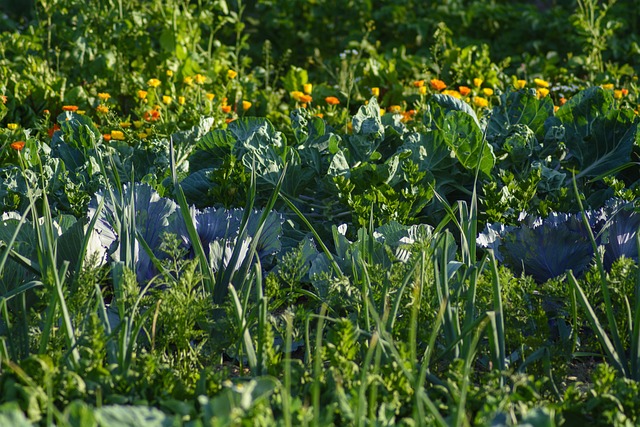
In the world of gardening, compost stands as a humble yet powerful elixir, transforming ordinary soil into a nutrient-rich haven for plants. As a dedicated gardener, harnessing the potential of compost can be the key to unlocking a flourishing and sustainable garden. Let’s explore the wonders of using compost as a fertilizer.
The Magic of Compost:
Compost is the epitome of recycling in the garden. It’s a blend of decomposed organic matter — kitchen scraps, yard waste, and more — that undergoes a natural alchemy, turning into a dark, crumbly substance that packs a punch of nutrients. This ‘black gold’ not only enhances soil structure but also serves as a complete and balanced fertilizer for your plants.
Nutrient-Rich Goodness:
Compost is a treasure trove of essential nutrients. Nitrogen, phosphorus, potassium, and a myriad of micronutrients are all present in this organic marvel. This nutrient diversity fosters a harmonious environment for plants to thrive. For your flowers, vegetables, and herbs, compost provides a feast of sustenance, promoting healthy growth and robust development.
Improved Soil Structure:
One of the unsung heroes of compost is its ability to improve soil structure. In sandy soils, it enhances water retention, preventing drought stress for your plants. In clayey soils, it promotes better drainage, preventing waterlogged conditions. The result is a well-balanced, loamy soil that creates an optimal foundation for plant roots to explore and flourish.
Microbial Magic:
Compost is not just about the nutrients; it’s a bustling city of microbial activity. Beneficial bacteria and fungi thrive in this organic haven, creating a soil ecosystem that helps break down organic matter further and make nutrients more accessible to plants. This microbial magic enhances plant resilience, reducing the risk of diseases and promoting overall plant health.
Sustainability in Action:
Using compost as a fertilizer is not just about gardening; it’s about sustainability. By recycling kitchen scraps and yard waste into compost, you’re actively participating in a closed-loop system. You reduce the burden on landfills, minimize the need for synthetic fertilizers, and contribute to a more sustainable and eco-friendly gardening practice.
How to Use Compost:
Incorporating compost into your gardening routine is a breeze. Simply spread a layer of compost around the base of your plants, mixing it gently into the soil. For container gardening, blend compost with potting soil to create a nutrient-rich mix. Compost can also be used as a top dressing, providing a slow-release source of nutrients throughout the growing season.
In conclusion, compost is not just a fertilizer; it’s a holistic approach to gardening that nourishes the soil, feeds your plants, and champions sustainability. As you embrace the magic of compost, you’re not just cultivating a garden; you’re fostering a thriving ecosystem. So, let your garden bask in the richness of compost, and watch it bloom into a testament of sustainable beauty.
Different Vegetables
Leafy Greens:
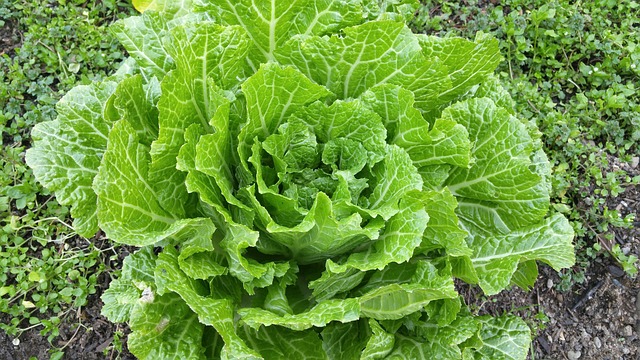
For leafy greens like spinach, kale, and lettuce, the key to lush and vibrant growth lies in choosing the right fertilizer. Among the array of options, fish emulsion stands out as a stellar choice. This organic fertilizer, derived from fermented fish, is a nitrogen-rich elixir that accelerates leafy green development.
Nitrogen is the secret ingredient for flourishing foliage, and fish emulsion delivers it effectively. Its quick absorption by plants ensures a rapid boost in greenery, making it ideal for those who relish the swift success of their leafy crops.
Easy to apply and gentle on delicate roots, fish emulsion is a go-to solution for gardeners seeking a fuss-free, organic approach to nurturing their leafy greens. So, for a leafy paradise that’s vibrant and healthy, consider the organic magic of fish emulsion — the natural catalyst for verdant success.
Tomatoes:
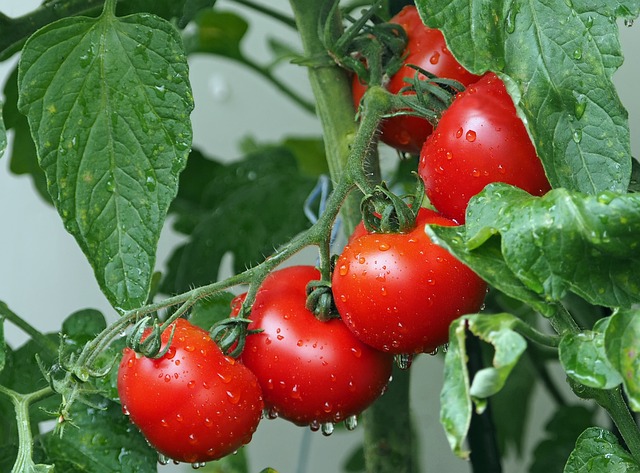
In the pursuit of cultivating plump, flavorful tomatoes, turning to the richness of organic fertilizers is a wise choice. Among the various options, compost emerges as a champion for tomato enthusiasts.
Compost, often referred to as “black gold” in gardening circles, is a superb organic fertilizer for tomatoes. Packed with a diverse array of nutrients, compost not only nourishes the soil but also encourages a balanced and thriving ecosystem for tomato plants.
Rich in nitrogen, phosphorus, and potassium, compost provides the essential elements tomatoes need for vigorous growth, vibrant foliage, and abundant fruiting. Its ability to improve soil structure and water retention further contributes to the overall health and resilience of your tomato plants.
Applying compost is a straightforward process – simply spread a layer around the base of your tomato plants or incorporate it into the soil during planting. This organic fertilizer not only enhances the nutrient content of the soil but also fosters a sustainable and eco-friendly approach to gardening.
In the world of organic fertilizers for tomatoes, compost stands as a reliable ally, ensuring your tomatoes flourish with the goodness of nature. So, embrace the organic bounty of compost, and watch your tomato harvest thrive with robust flavour and vitality. Head over to this article on How To Make Tomatoes Grow Faster
Chillies & Peppers:
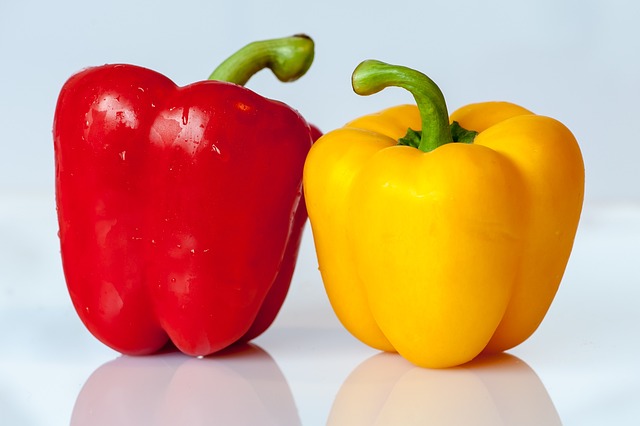
In the vibrant world of chillies and peppers, the secret to a flourishing harvest lies in the organic synergy of fish emulsion and seaweed and kelp extract. Picture this dynamic duo as the culinary maestros orchestrating a symphony of growth and flavour in your pepper garden.
Fish emulsion sourced from fermented fish, organic fish emulsion emerges as the silent hero, rich in nitrogen – the lifeblood for robust foliage growth. Swiftly absorbed by pepper plants, it acts as a catalyst, promoting lush greenery and setting the stage for an abundance of vibrant flowers. Its gentle application ensures a nutrient boost without compromising the delicate balance of your pepper patch.
Now, let’s welcome seaweed and kelp extract to the stage, bringing a trove of micronutrients and growth-promoting hormones. The spotlight here is on potassium, a maestro in fruit development and flavor enhancement. Beyond the nutrient infusion, these extracts weave a tale of resilience, fortifying your peppers to stand tall against environmental challenges, ensuring a steadfast and thriving garden.
Together, fish emulsion and seaweed and kelp extract compose a harmonious nutrient symphony, perfectly attuned to the unique needs of chillies and peppers. This organic blend not only fuels growth but also enriches the essence of your harvest, creating a spicy and sweet masterpiece that defines the soul of a flourishing pepper garden. So, let the organic harmony of fish emulsion and seaweed and kelp extract resonate in your garden, and relish the symphony of flavors that unfolds with each pepper harvest. I have an article here on How To Grow Jalapeno Peppers you should check it out.
Herbs:
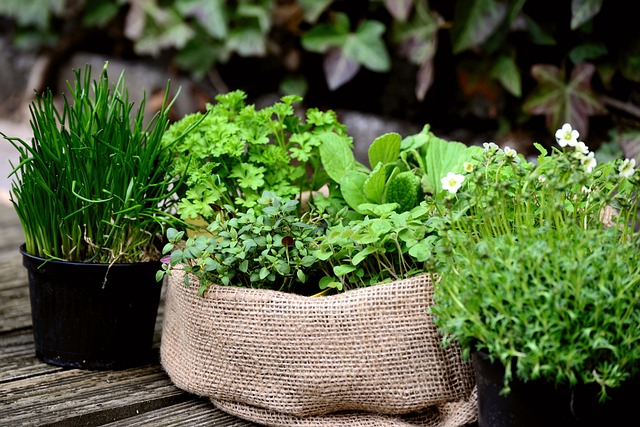
In the enchanting realm of herb gardens, the quest for the finest fertilizers to coax out the richest flavors and aromatic essences is a delightful pursuit. While choices abound, two organic heroes often take center stage: compost and well-balanced organic granular fertilizer.
A well-balanced organic granular fertilizer, with a ratio such as 5-5-5 or 10-10-10, provides a controlled and steady release of nutrients. Tailored to meet the specific needs of herbs, these formulations offer a reliable source of nitrogen for leafy growth, phosphorus for robust root development, and potassium for overall plant health. They ensure your herb garden receives a consistent and measured supply of essential elements.
In the dance of flavors within your herb garden, the combination of compost and an organic granular fertilizer creates a harmonious nutrient blend. Their organic goodness not only elevates the fragrance and taste of your herbs but also nurtures a sustainable and thriving herbal haven. So, let your herb garden flourish with the nourishment of these organic allies, and savor the aromatic delights that emerge with each snip of fresh herbs. If your into Growing Medicinal Herbs check this out!! Its really good.
Conclusion
In the realm of gardening, the choice of fertilizers serves as the compass guiding us toward a flourishing and sustainable harvest. Opting for the best organic fertilizers, like compost, fish emulsion, and seaweed extracts, is akin to choosing a path of abundance and environmental mindfulness.
These organic wonders not only nurture our plants with essential nutrients but also contribute to the overall health of the soil. Unlike their synthetic counterparts, organic fertilizers foster a delicate harmony with nature, promoting microbial activity and ensuring a gradual release of nutrients.
Embracing the organic journey is more than a choice; it’s a commitment to a greener and healthier future. So, as you nourish your garden with the richness of organic fertilizers, remember that each application is a small but impactful step toward cultivating a resilient and vibrant ecosystem.
We’re here to support you on this organic adventure – whether it’s selecting the right fertilizer or addressing any gardening queries. Reach out if you have any questions.
Happy cultivating, and may your garden thrive with the organic magic of nature’s best.
Mitch
Follow to stay up to date with new posts!
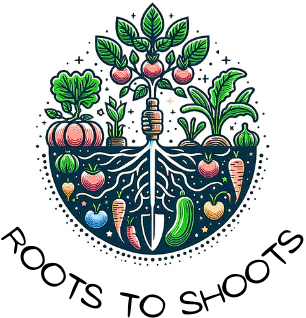
Our website contains affiliate links. This means if you click and make a purchase, we may receive a small commission. Don’t worry, there’s no extra cost to you. It’s a simple way you can support our mission to bring you quality Gardening Tips.
Last Updated on February 12, 2025 by Mitch
